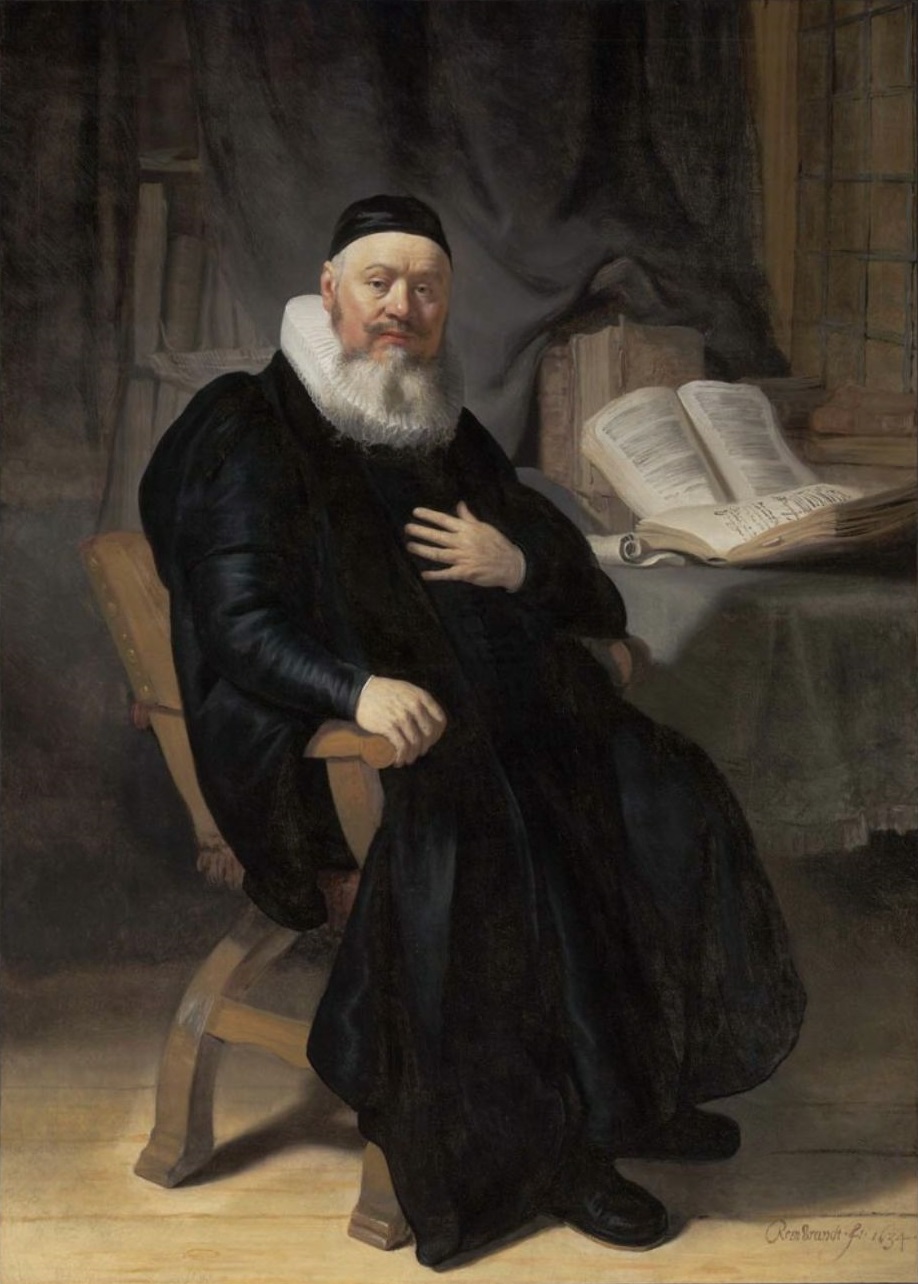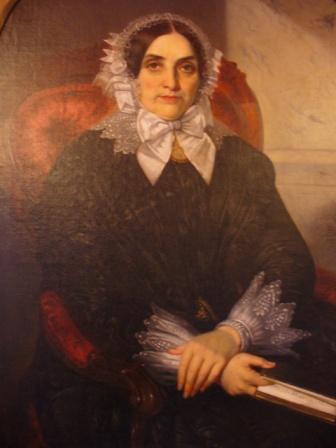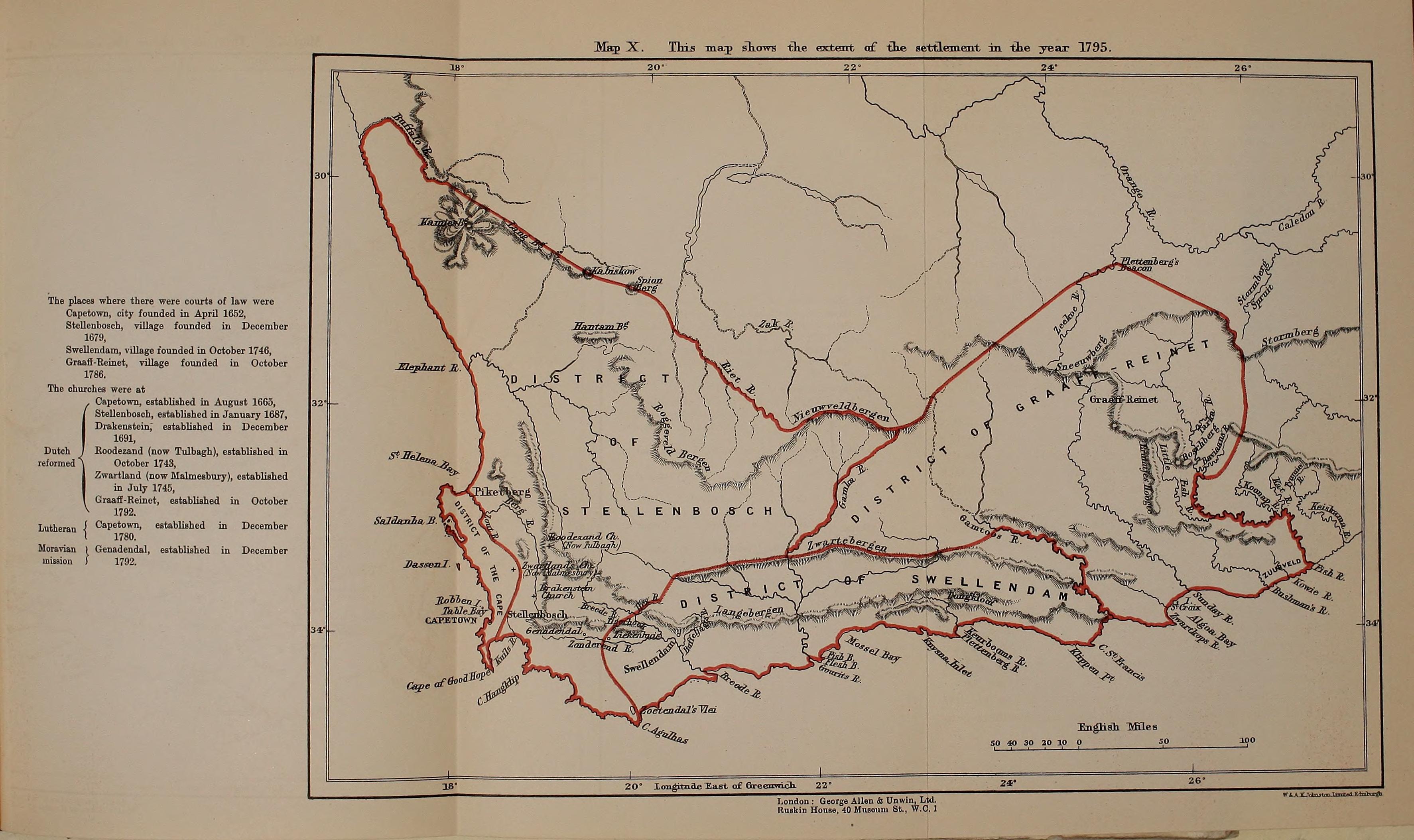|
Dirk Coetsee
Dirk Coetzee/Coetsee (1655 – 1725) was a Dutch colonist and the Hoofdheemraad (Chancellor) of the District of Stellenbosch and Drakenstein in South Africa for most of the 1690s and early 1700s. He also served as captain of the Stellenbosch Infantry and deacon of the Stellenbosch Moederkerk ( Dutch Reformed Mother Church) at different points in time. As captain of the Stellenbosch Infantry, which comprised mostly Huguenots, he provided military backing for a rebellion which began in 1706 against the Governor of the Cape Colony, Willem Adriaan van der Stel, whom the vrijburghers (free burghers, i.e. citizens of the colony not in the employ of the Dutch East India Company) had accused of tyranny, corruption and racketeering. Coetsee was imprisoned in the dungeon of the Castle of Good Hope along with the other leaders of the Huguenots but he was released after a year. The rebellion ultimately succeeded in 1707 when the Dutch East India Company recalled the Governor and other colonia ... [...More Info...] [...Related Items...] OR: [Wikipedia] [Google] [Baidu] |
Colonist
A settler or a colonist is a person who establishes or joins a permanent presence that is separate to existing communities. The entity that a settler establishes is a settlement. A settler is called a pioneer if they are among the first settling at a place that is new to the settler community. The process of settling land can be, and has often been, controversial: while human migration is a normal phenomenon by itself, it has not been uncommon throughout human history for settlers to have arrived in already-inhabited lands without the intention of living alongside the native population. In these cases, the conflict that arises between the settlers and the natives (or Indigenous peoples) may result in the dispossession of the latter within the contested territory, usually violently. While settlers can act independently, they may receive support from the government of their country or colonial empire or from a non-governmental organization as part of a larger campaign. The life ... [...More Info...] [...Related Items...] OR: [Wikipedia] [Google] [Baidu] |
Eerste River
The Eerste River, located in the Western Cape, South Africa, rises on Dwarsberg 60 km east of Cape Town at the head of Jonkershoek valley. The Eerste River catchment covers the eastern part of the Cape Flats lying to the west of the Hottentots Holland Mountains and south of the Tygerberg where the Kuils River tributary rises east of Kanonkop. The Eerste River is a short river; its length has been given as 40 km. The major tributary, Kuils River, is approximately 30 km long to its point of confluence with the Eerste River. For a significant part of its course, the river flows through the City of Cape Town. A population of the endangered local endemic Berg River Redfin (''Pseudobarbus burgi'') was found in the Eerste River, but may be extinct in this river system. Tributaries From "Rivers and Wetlands of Cape Town", ordered from source to sea: *Jonkershoek River *Plankenbrug River (R) **Klipies River (L) **Kromme River (L) *Veldwachters River (R) *Sanddrif R ... [...More Info...] [...Related Items...] OR: [Wikipedia] [Google] [Baidu] |
Middle Ages
In the history of Europe, the Middle Ages or medieval period lasted approximately from the 5th to the late 15th centuries, similarly to the post-classical period of global history. It began with the fall of the Western Roman Empire and transitioned into the Renaissance and the Age of Discovery. The Middle Ages is the middle period of the three traditional divisions of Western history: classical antiquity, the medieval period, and the modern period. The medieval period is itself subdivided into the Early, High, and Late Middle Ages. Population decline, counterurbanisation, the collapse of centralised authority, invasions, and mass migrations of tribes, which had begun in late antiquity, continued into the Early Middle Ages. The large-scale movements of the Migration Period, including various Germanic peoples, formed new kingdoms in what remained of the Western Roman Empire. In the 7th century, North Africa and the Middle East—once part of the Byzantine Empire� ... [...More Info...] [...Related Items...] OR: [Wikipedia] [Google] [Baidu] |
Feudalism
Feudalism, also known as the feudal system, was a combination of legal, economic, military, cultural, and political customs that flourished in Middle Ages, medieval Europe from the 9th to 15th centuries. Broadly defined, it was a way of structuring society around relationships derived from the holding of land in exchange for service or labour. The classic definition, by François Louis Ganshof (1944),François Louis Ganshof (1944). ''Qu'est-ce que la féodalité''. Translated into English by Philip Grierson as ''Feudalism'', with a foreword by F. M. Stenton, 1st ed.: New York and London, 1952; 2nd ed: 1961; 3rd ed.: 1976. describes a set of reciprocal legal and Medieval warfare, military obligations of the warrior nobility and revolved around the key concepts of lords, vassals, and fiefs. A broader definition, as described by Marc Bloch (1939), includes not only the obligations of the warrior nobility but the obligations of all three estates of the realm: the nobility, the cl ... [...More Info...] [...Related Items...] OR: [Wikipedia] [Google] [Baidu] |
Seigneur
A seigneur () or lord is an originally feudal title in France before the Revolution, in New France and British North America until 1854, and in the Channel Islands to this day. The seigneur owned a seigneurie, seigneury, or lordship—a form of title or land tenure—as a fief, with its associated obligations and rights over person and property. In this sense, a seigneur could be an individualmale or female, high or low-bornor a collective entity, typically a religious community such as a monastery, seminary, college, or parish. In the wake of the French Revolution, seigneurialism was repealed in France on 4 August 1789 and in the Province of Canada on 18 December 1854. Since then, the feudal title has only been applicable in the Channel Islands and for sovereign princes by their families. Terms The English seigneur is borrowed from the French , which descends from Middle French , from Old French (oblique form of ''sire''), from -4; we might wonder whether there's a point ... [...More Info...] [...Related Items...] OR: [Wikipedia] [Google] [Baidu] |
Ancien Régime
''Ancien'' may refer to * the French word for " ancient, old" ** Société des anciens textes français * the French for "former, senior" ** Virelai ancien ** Ancien Régime ** Ancien Régime in France {{disambig ... [...More Info...] [...Related Items...] OR: [Wikipedia] [Google] [Baidu] |
Bretons
The Bretons (; or , ) are an ethnic group native to Brittany, north-western France. Originally, the demonym designated groups of Common Brittonic, Brittonic speakers who emigrated from Dumnonia, southwestern Great Britain, particularly Cornwall and Devon, mostly during the Anglo-Saxon settlement of Britain. They migrated in waves from the 3rd to 9th century (most heavily from 450 to 600) to Armorica. The region was subsequently named after them, as were the inhabitants of Armorica as a whole. The main traditional language of Brittany is Breton language, Breton (''Brezhoneg''), spoken in Lower Brittany (i.e., the western part of the peninsula). Breton is spoken by around 206,000 people as of 2013. The other principal minority language of Brittany is Gallo language, Gallo; Gallo is spoken only in Upper Brittany, where Breton used to be spoken as well but it has seen a decline and has been less dominant in Upper Brittany since around the year 900. Currently, most Bretons' native l ... [...More Info...] [...Related Items...] OR: [Wikipedia] [Google] [Baidu] |
French Huguenots
The Huguenots ( , ; ) are a religious group of French Protestants who held to the Reformed (Calvinist) tradition of Protestantism. The term, which may be derived from the name of a Swiss political leader, the Genevan burgomaster Besançon Hugues, was in common use by the mid-16th century. ''Huguenot'' was frequently used in reference to those of the Reformed Church of France from the time of the Protestant Reformation. By contrast, the Protestant populations of eastern France, in Alsace, Moselle, and Montbéliard, were mainly Lutherans. In his ''Encyclopedia of Protestantism'', Hans Hillerbrand wrote that on the eve of the St. Bartholomew's Day massacre in 1572, the Huguenot community made up as much as 10% of the French population. By 1600, it had declined to 7–8%, and was reduced further late in the century after the return of persecution under Louis XIV, who instituted the ''dragonnades'' to forcibly convert Protestants, and then finally revoked all Protestant rig ... [...More Info...] [...Related Items...] OR: [Wikipedia] [Google] [Baidu] |
French Huguenot
The Huguenots ( , ; ) are a Religious denomination, religious group of French people, French Protestants who held to the Reformed (Calvinist) tradition of Protestantism. The term, which may be derived from the name of a Swiss political leader, the Genevan burgomaster Besançon Hugues, was in common use by the mid-16th century. ''Huguenot'' was frequently used in reference to those of the Reformed Church of France from the time of the Protestant Reformation. By contrast, the Protestant populations of eastern France, in Alsace, Moselle (department), Moselle, and Montbéliard, were mainly Lutheranism, Lutherans. In his ''Encyclopedia of Protestantism'', Hans Hillerbrand wrote that on the eve of the St. Bartholomew's Day massacre in 1572, the Huguenot community made up as much as 10% of the French population. By 1600, it had declined to 7–8%, and was reduced further late in the century after the return of persecution under Louis XIV, who instituted the ''dragonnades'' to forcibly ... [...More Info...] [...Related Items...] OR: [Wikipedia] [Google] [Baidu] |
Invasion Of The Cape Colony
The invasion of the Cape Colony, also known as the Battle of Muizenberg (), was a British military expedition launched in 1795 against the Dutch Cape Colony at the Cape of Good Hope. The Dutch colony at the Cape, established and controlled by the United East India Company in the seventeenth century, was at the time the only viable South African port for ships making the journey from Europe to the European colonies in the East Indies. It therefore held vital strategic importance, although it was otherwise economically insignificant. In the winter of 1794, during the French Revolutionary Wars, French troops entered the Dutch Republic, which was reformed into the Batavian Republic. In response, Great Britain launched operations against the Dutch Empire to use its facilities against the French Navy. The British expedition was led by Vice-Admiral Sir George Elphinstone and sailed in April 1795, arriving off Simon's Town at the Cape in June. Attempts were made to negotiate a settlem ... [...More Info...] [...Related Items...] OR: [Wikipedia] [Google] [Baidu] |
The Establishment
In sociology and in political science, the term the establishment describes the dominant social group, the elite who control a polity, an organization, or an institution. In the Praxis (process), praxis of wealth and Power (social and political), power, the Establishment usually is a self-selecting, closed elite entrenched within specific institutions — hence, a relatively small social class can exercise all socio-political control. In 1955, the journalist Henry Fairlie popularized the contemporary usage of the term ''The Establishment'' to denote the network of socially prominent and politically important people: Consequently, the term ''the Establishment'' became common usage in the press of London; The ''Oxford English Dictionary'' cites Fairlie's column originating the British usages of the term ''the Establishment'', as in the State religion, established church denoting the official Church of England. Moreover, in sociologic jargon, an Emic and etic, outsider is the p ... [...More Info...] [...Related Items...] OR: [Wikipedia] [Google] [Baidu] |
Anglicized
Anglicisation or anglicization is a form of cultural assimilation whereby something non-English becomes assimilated into or influenced by the culture of England. It can be sociocultural, in which a non-English place adopts the English language or culture; institutional, in which institutions are influenced by those of England or the United Kingdom; or Anglicisation (linguistics), linguistic, in which a non-English term or name is altered due to the cultural influence of the English language.Bridge, Carl, and Fedorowich, Kent. ''The British World: Diaspora, Culture, and Identity'', 2003, p. 89. "Beyond gaps in our information about who or what was affected by anglicisation is the matter of understanding the process more fully in terms of agency, periodisation, and extent and limitations." It can also refer to the influence of English soft power, which includes media, cuisine, popular culture, technology, business practices, laws and political systems. Anglicisation first occurre ... [...More Info...] [...Related Items...] OR: [Wikipedia] [Google] [Baidu] |






